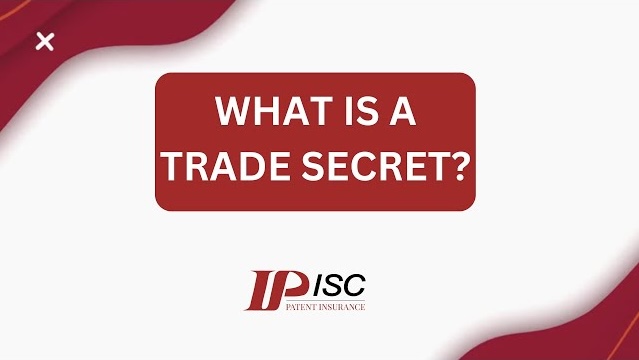Does your company have processes that would, if your competitors got ahold of them, cause negative economic consequences? If so, you might have a trade secret. In this post, we will define what a trade secret is.
Defining Trade Secrets
Trade secrets are a kind of IP that is slightly different from the previous three. A trade secret is considered any piece of information that has been kept private and possesses economic value. Coca-Cola’s recipe, KFC’s seasoning mix, Google’s algorithm, WD-40’s ingredients—all of these are trade secrets. Other things like client lists, manufacturing processes, advertising strategies, and distributor lists could also be considered trade secrets.
Unlike trademarks, patents, or copyrights, trade secrets are not registered with any office or agency. This means that if another person or company independently comes up with the same recipe or manufacturing process that you have, it is perfectly legal. By keeping something as a trade secret, you give up your right to a perfect monopoly on it. Employees and competitors still may not steal this information from you, but independent invention and reverse engineering are allowed.


